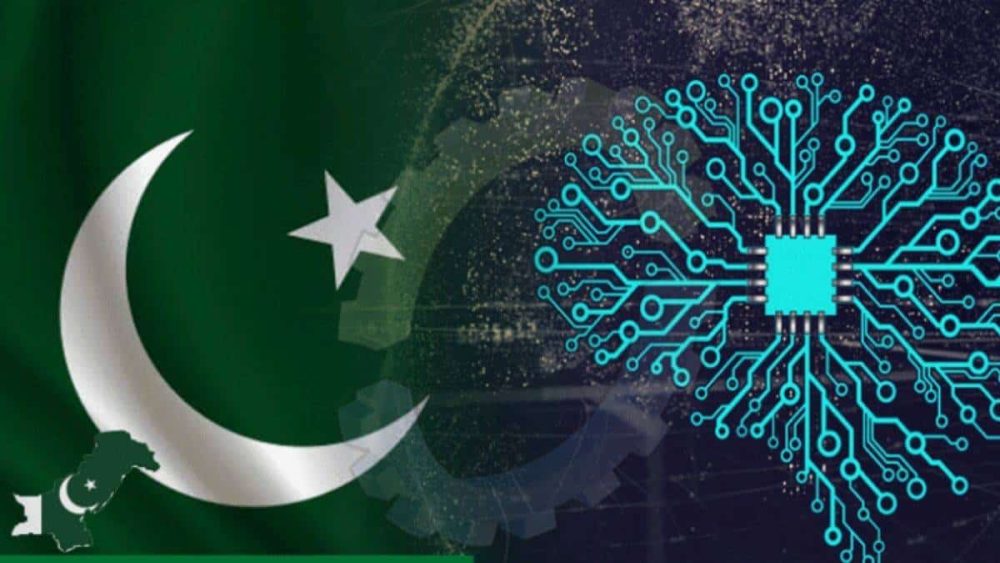As part of the Federal Government’s Educational Reforms Programme, the Islamabad education sector has introduced computer and AI classes in 150 primary schools under the Federal Directorate of Education. This initiative aims to equip young students with essential digital skills, preparing them for an increasingly tech-driven future.
The program is a joint effort between the Ministry of Federal Education and the National University of Sciences and Technology (NUST), ensuring that the curriculum is both innovative and relevant. The computer fellows leading the classes are highly trained and qualified, providing students with the best possible learning experience.
Developed in consultation with leading tech companies, the curriculum focuses on fundamental computer skills and introduces artificial intelligence concepts in an engaging way. This approach is tailored to young learners, laying a strong foundation for digital literacy from an early age.
According to officials, this initiative marks a significant step forward in enhancing digital education and preparing students for future challenges in the tech world. To support these efforts, the IT infrastructure in the participating schools will be upgraded to provide students with access to state-of-the-art resources and technology.
This educational reform aligns with the government’s broader vision of improving digital education across the country, ensuring that students are well-equipped to thrive in the rapidly evolving global landscape. Parents and educators can look forward to a new and exciting phase in their children’s education, unlocking a wealth of opportunities in the growing tech sector.
With the introduction of computer and AI classes, Islamabad is taking a proactive step towards shaping the next generation of innovators and tech leaders.
READ MORE:



